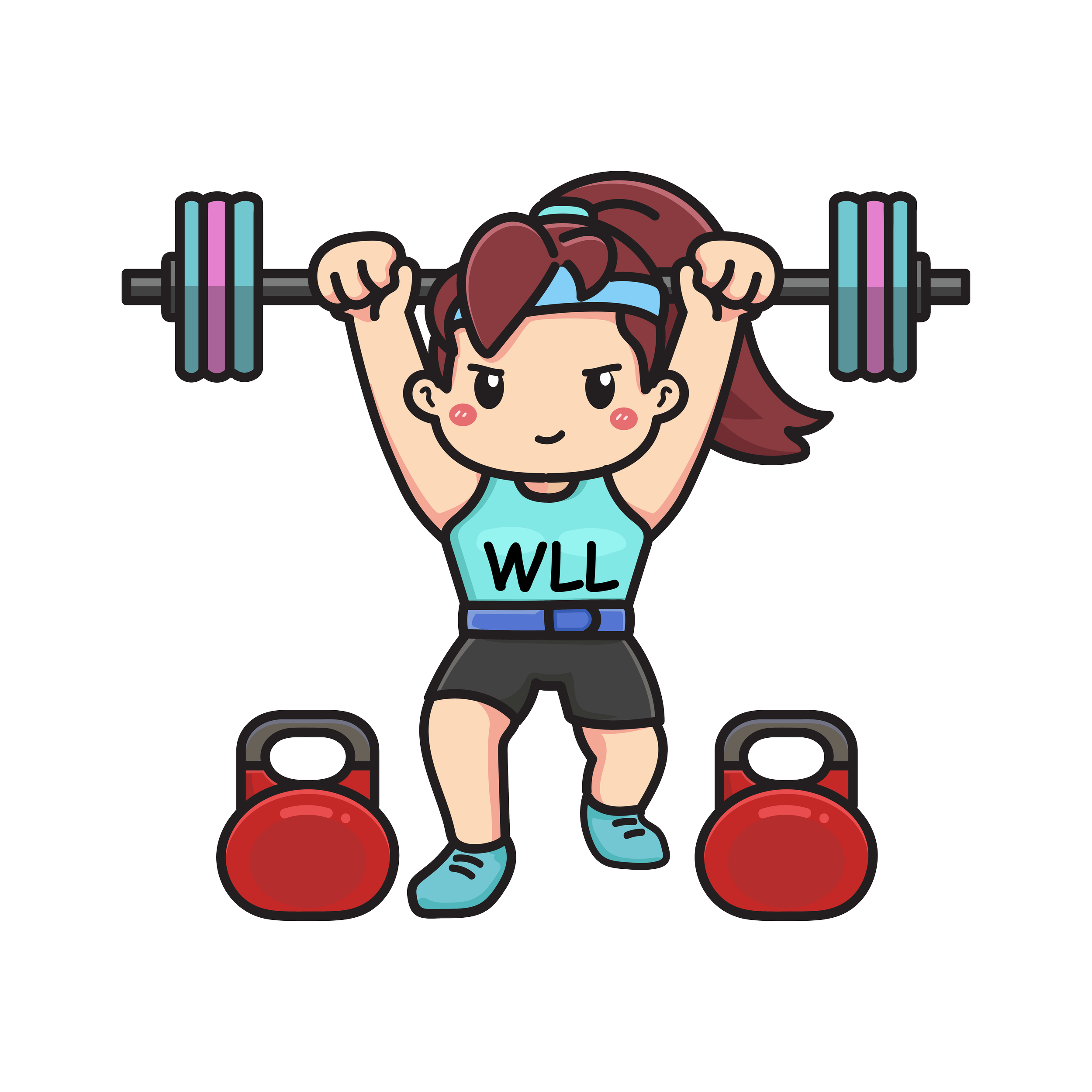Need a Testosterone Boost?
Testosterone is an androgen hormone and is the dominant sex hormone in men, which means that it plays a crucial role in the development of the male reproductive system and sexual characteristics. While testosterone is considered a 'male hormone', it is actually a necessary hormone for women and is vital to a woman's overall health.
Testosterone helps boost a woman's libido, supports reproductive health, and is necessary for the development of new blood cells. Additionally, without enough testosterone, women can experience muscle weakness, changes in mood, and fatigue.
Most testosterone is made in the ovaries and levels typically decrease with age because the ovaries produce fewer hormones, especially pre- and postmenopause. There is also a number of reasons why women may suffer from low testosterone. An oral estrogen might have an effect of decreasing natural testosterone production. Adrenal glands that don't function properly can cause a hormonal imbalance that contributes to low testosterone. Aside from supplementing with hormones, there are some natural ways to boost testosterone. Today we're going to focus on sleep and cortisol.
Sleep
Research has found that sleep insufficiency is linked to decreased levels of testosterone, especially if the period is less than 4.5-hours a night. This is because the first 3-hours of sleep are critical to determining peak testosterone. After the first few hours of sleep, testosterone levels remain steady.
Keep in mind that the older you get the longer duration of sleep you need to build up testosterone. Women experience a decrease in testosterone starting in their early forties. Women between the ages of 40-64 who slept less than 6 hours or more than 9 hours had a higher risk for low testosterone that those who slept for 7-8 hours per night.
Experts suggest sleeping at least 7-hours per night. It's normal for testosterone levels to rise and fall over the course of a 24-hour period. Testosterone levels are typically highest around 8:00am and lowest around 8:00pm. As a side note, this is why it is actually better to exercise in the morning when hormones are elevated.
Cortisol
Cortisol is widely regarded as the body's stress hormone. It has many functions in the body, which includes regulating metabolism, mediating the stress response, and it also helps regulate the inflammatory response and immune system. It can affect nearly all of the tissues in the body as they contain glucocorticoid receptors. Cortisol itself is synthesized from cholesterol. So you guessed it; the more stress you encounter the more cholesterol you will have.
The problem with cortisol is that it has an inverse effect on testosterone. Increasing cortisol concentrations suppresses testosterone levels. Essentially the body's response to testosterone is blocked. When cortisol levels increase, the bodytriggersa'flight'responseThismeansthattestosteronerelatedbehaviors body triggers a flight response. This means that testosterone-related behaviors such as competition or mating aren't essential.
The interesting thing about cortisol is that it exhibits a proper 24-hour circadian rhythm that affects the nervous system, the heart, and the brain. Cortisol levels are highly influenced by light-dark cycles. Thus, it is also affected by sleep. Lower levels of cortisol are normally lower during the initial stages of sleep and increase towards the end of the sleep period, just a few minutes before you actually wake up.
Reducing stressors and instituting relaxation techniques should be a prime focus to reducing cortisol levels. Maybe your job is causing significant stress and burning you out. Seeking out other opportunities may be the solution. Or maybe staying up late on your phone is (unknowingly) causing you stress by disrupting sleep patterns. Make a habit of putting away your phone early to place you in the best position for restful sleep. Whatever the stressor is, seek out ways to alleviate this stress in order to reduce cortisol to help boost testosterone levels.
Ohhh and while we are at it, regular exercise can help decrease cortisol levels and improve sleep by regulating your circadian rhythm. :)
Sleep and Nutrition
Did you know sleep plays an important role in managing weight? Sleep disruption can affect your blood sugar levels, which can contribute to the development of obesity and diabetes.
Sleep deprivation creates an imbalance in the hormones gherlin, leptin, and peptide-YY (PYY). Leptin and PYY are hormones that signal fullness and gherlin pp()pggtells the brain that you are hungry. Leptin levels typically increase during sleep. So if you don't get enough sleep, your levels will decrease and that will make you feel hungrier; thus, making it more likely to overeat. At the same time, poor sleep can alter ghrelin levels, which makes you hungrier. As a result, those who are more sleep-deprived tend to gain weight based on physiologic reasons, not necessarily because they can't count calories or meal plan properly.
The good news is that improvements in sleep can positively benefit conditions such as obesity and diabetes. Better sleep can help regulate your hunger hormones, which may make it easier to manage weight and blood sugar levels. The key is making sure you prioritize sleep at all costs!



